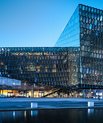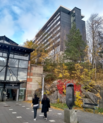Carl Marklund
Carl Marklund is a researcher at the Institute of Contemporary History, Södertörn University. His research examines social planning, geopolitics and images of Sweden, e.g. in the Global South. You can read more about Carl by clicking here.





